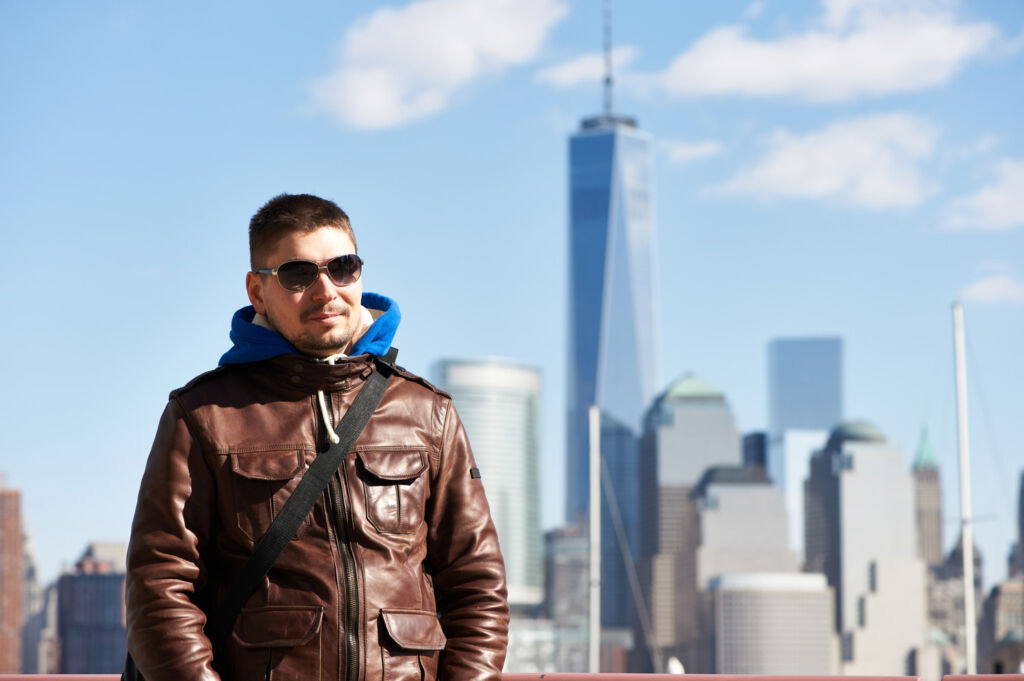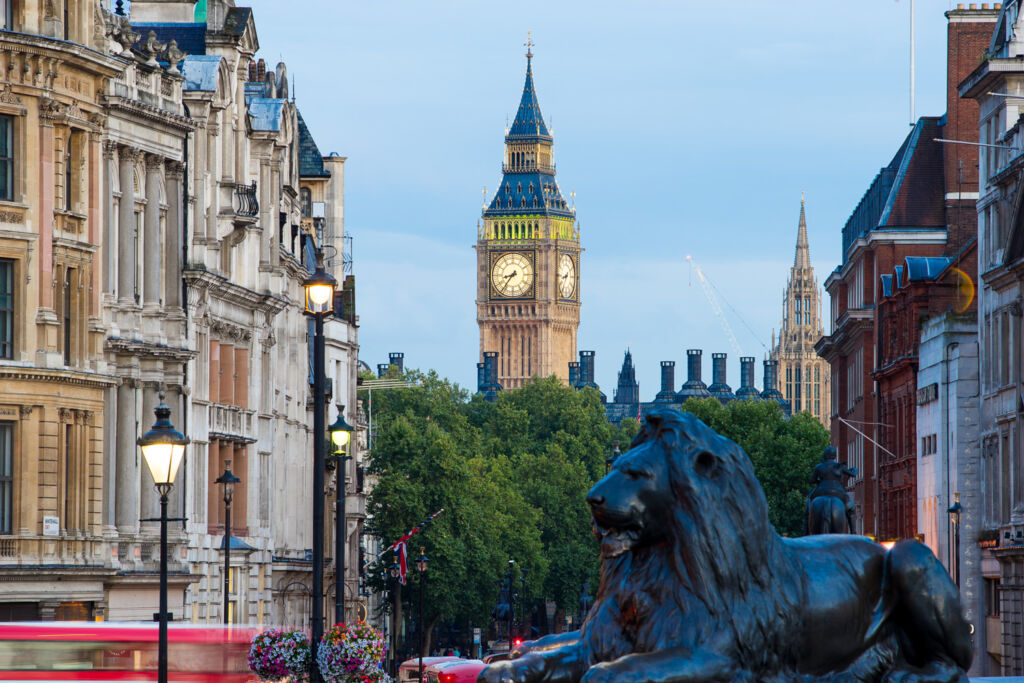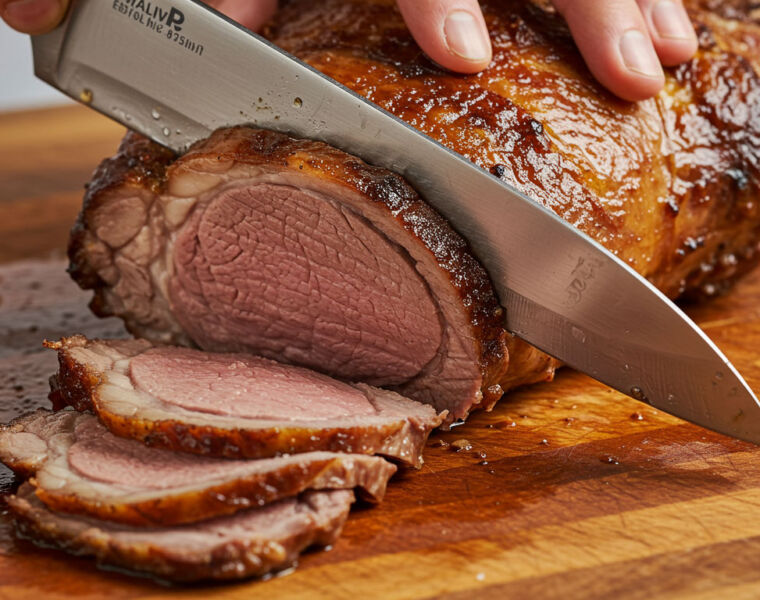
Julius Baer has released its Global Wealth and Lifestyle Report 2021 (GWLR), which is based upon a basket of consumer goods and services that reflect High Net Worth Individuals lifestyles.
The Julius Baer Lifestyle Index 2021 is both wide-ranging and comprehensive. The 2021 edition has tracked prices and consumer behaviour to gauge the price inflation of a basket of goods and services representative of the High Net Worth Individuals (HNWI) lifestyles in cities worldwide.
This is the second edition of the index and follows the same vein as the original 2011 version that focused on Asia. The report also captures developments in the ‘conscious consumption movement’, which is truly taking off.
The report shows that COVID-19 has raised consumer commitment to and awareness of buying ethically and sustainably.

The events of the past twelve months have produced a distinct change in the attitudes of people from all demographics around the world. People’s definitions of luxury have changed and many now regard nature and biodiversity as luxury.
This has permeated into the minds of wealthy consumers who now look to purchase products and services that are sustainable and environmentally friendly.
The impact of COVID-19
One of the focal points in the latest edition is the impact of COVID-19 on high-end consumption: did the pandemic fundamentally rewire the global consumer’s mindset, or did it accelerate trends that were already set in motion?
The findings of the Julius Baer Lifestyle Index 2021 show the continuation of many of the underlying trends of recent years, with COVID-19 impacting prices sharply in specific travel-related areas such as flights and hotel suites.

A notable emerging global trend mentioned in the previous edition of the Global Wealth and Lifestyle Report was the rise of conscious consumption. This year, the movement has gone mainstream, becoming a central theme in nearly every sector.
Key findings include:
COVID-19 has raised consumer appetite for buying ethically and sustainably. There is considerable evidence that consumption patterns and preferences are changing faster than ever before. The world’s consumers are definitely becoming more conscious, and the trend is truly taking off.
Even when it comes to high-end goods and the premium services sector, consumers in the most expensive cities of the different continents are moving towards more conscious choices, which may result in fairer prices for the producers.

Key findings of the Julius Baer Lifestyle Index 2021
The 2021 edition of the Lifestyle Index has changed to reflect the evolving world of high-end consumption. This year’s changes to the basket of goods and services have largely benefited those living in Asia-Pacific countries, where the new items tend to be cheaper.
Despite this, Asia remains the most expensive region partly because of its swift recovery from the global health crisis, currency stability, and price resilience for the index items. Shanghai is now the most expensive city in the index, clinching the top spot from Hong Kong.
Tokyo and Hong Kong are the second and third most expensive cities, respectively – yet the picture remains mixed with Mumbai still one of the places where wealth goes furthest.
The Americas are the most affordable region to live a luxury lifestyle this year. This is mostly due to the US and Canadian dollar price falling against other major global currencies and a sharp devaluation of currencies in Latin America. Mexico City and Vancouver are amongst the most affordable cities in the index.

Just one city – New York – remains in the top 10. This region is the most expensive place for healthcare, but personal technology remains affordable, as the US is home to many of the world’s tech titans.
Johannesburg has emerged as the most well-priced place for luxury in the 2021 index. This is the only African city represented in the index and was one of few cities to experience significant price falls over the past year as the South African rand depreciated significantly.
All of the other cities in EMEA have risen up the rankings, buoyed by the euro’s strength and the Swiss franc, except London, due to Brexit uncertainty.

The collapse of global tourism in 2020 has had a significant impact on this year’s index. Bangkok and Singapore have slipped down the rankings, while the lack of travellers has also hit many European cities.
The luxury categories that have seen the biggest falls in prices in USD terms are ladies shoes (-11.7%) and hotel suites (-9.3%). The biggest gains are in business class flights (+11.4%) and whisky (+9.9%).
How to read the Julius Baer Lifestyle Index 2021
For a copy of the Julius Baer Global Wealth and Lifestyle Report 2021, please visit www.juliusbaer.com/wealth-report.
![]()




You must be logged in to post a comment.